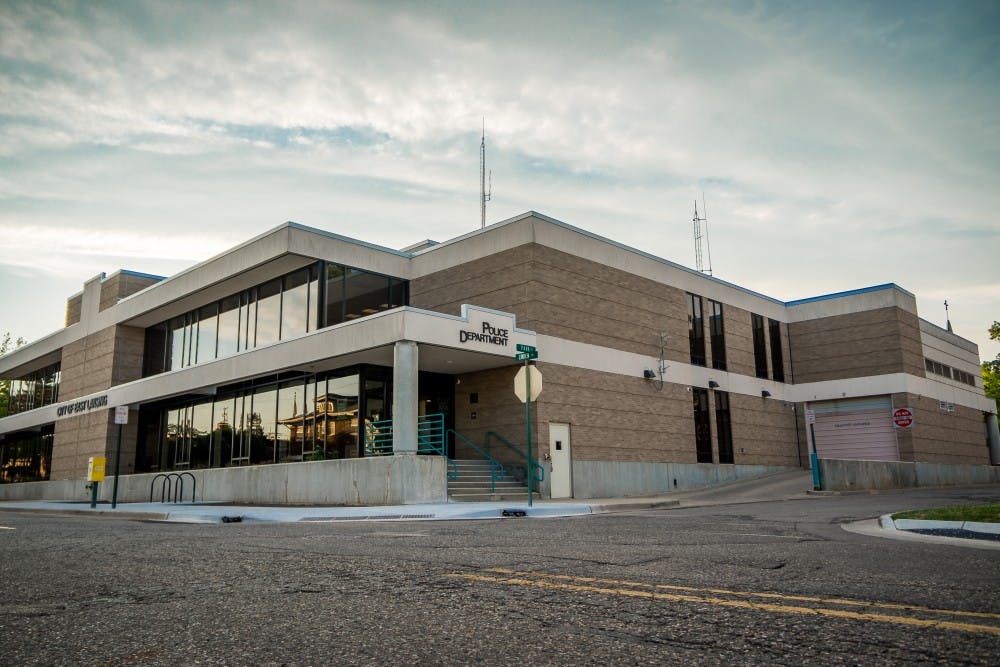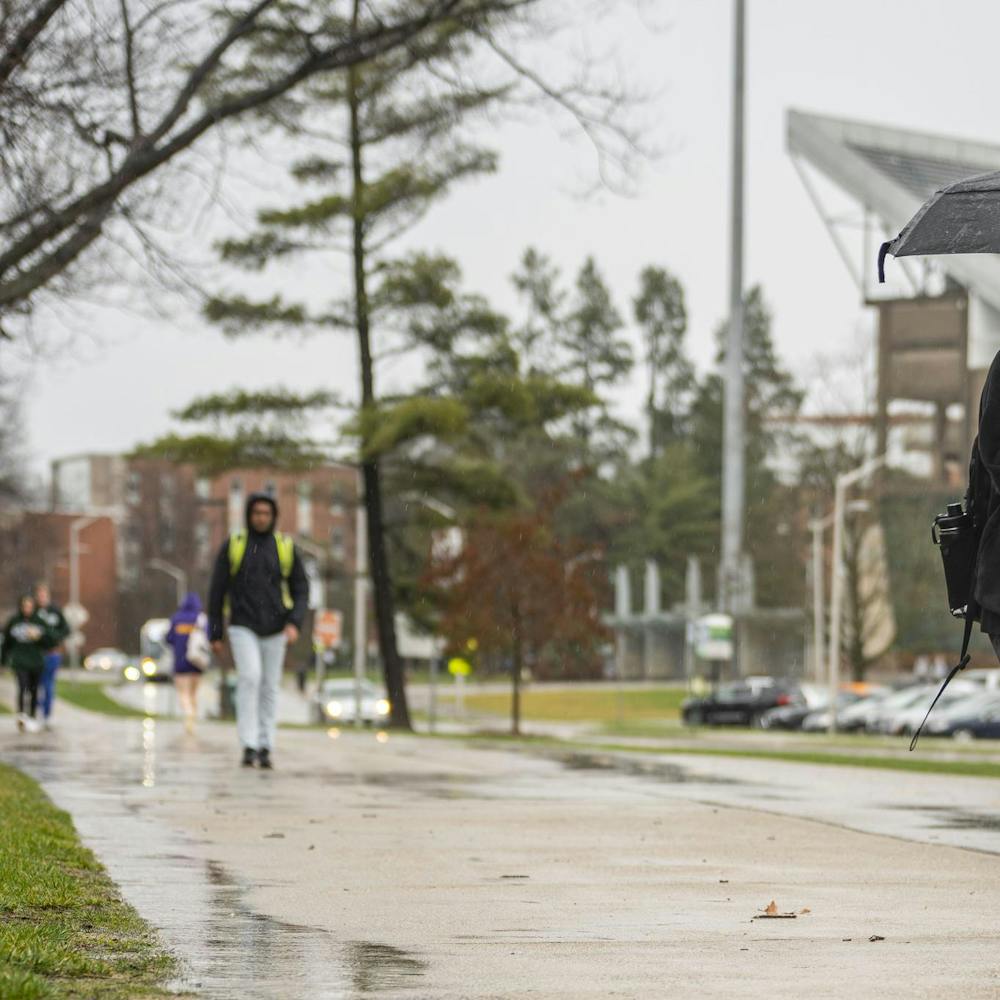Members of the East Lansing and greater Lansing community debated the East Lansing police department's policies and practices in a "virtual listening session" hosted by National Security Analysis or NSA Wednesday evening.
The "virtual listening session" is one of the final steps in the Fair and Impartial Policing independent study into the ELPD's policies and practices, costing about $110,000 out of the department's budget.
CNA is a Virginia-based independent, nonprofit research firm focused on the military, police departments and other federal, state and local agencies. According to the company's website, CNA is the oldest research and analysis organization in the United States that is a federally funded research and development center or FFRDC.
Questions asked by host and CNA senior research scientist Rachel Johnston included topics like community members' overall impressions of the department, whether ELPD effectively engages and seeks input from the community, trust for the department and changes the department should make to improve trust with the community.
Community member and former police chief Patricia Miller said the Independent Police Oversight Commission's lack of support for the police department has been disappointing and damaging to the department's morale, citing the Oversight Commission's response to the shooting of DeAnthony VanAtten, a Black man, by ELPD officers.
“When it was requested by the city council to lower the charges against the suspect or drop them, the police department does not feel supported,” Miller said. “Asking them not to enforce the law … that is the whole existence of a police officer — to enforce the law to protect the citizens.”
Most participants in the discussion did not provide a full name.
One community member said she doesn’t understand why the Oversight Commission has two “non-citizens.”
According to the ordinance adopting the Oversight Commission, up to two non-residential individuals “who are vulnerable and have been marginalized and who tend to have significant negative interactions with the police” may serve on the commission to contribute to the desired diverse composition of the commission.
“I’m not in favor of outside information on a commission,” the member said.
Further, a greater Lansing community member and Michigan State University alum said all police officers aren’t an issue. However, he does not trust ELPD officers.
“Yes, my interactions are anecdotal, but my interactions are not alone,” he said. “For me, as a Black man going into the East Lansing area, I don't feel safe. If I see an officer, I do tense up.”
In addition, an East Lansing resident said she, like many other citizens, has attempted to contact the police department when an issue arises, but her attempts have been unsuccessful.
“If there's a resource that people have that they can talk to and address issues and then actually get results, then I'm open to that kind of thing happening in the community,” the resident said. “However, it's not happening. There is a dividing line between interactions with police officers and African Americans that's different from caucasians. Now whether you want to face that reality or not, I'm telling you, it is a reality here and its reality all over the world.”
Support student media!
Please consider donating to The State News and help fund the future of journalism.
Discussion
Share and discuss “Community members debate area policing in listening session” on social media.







